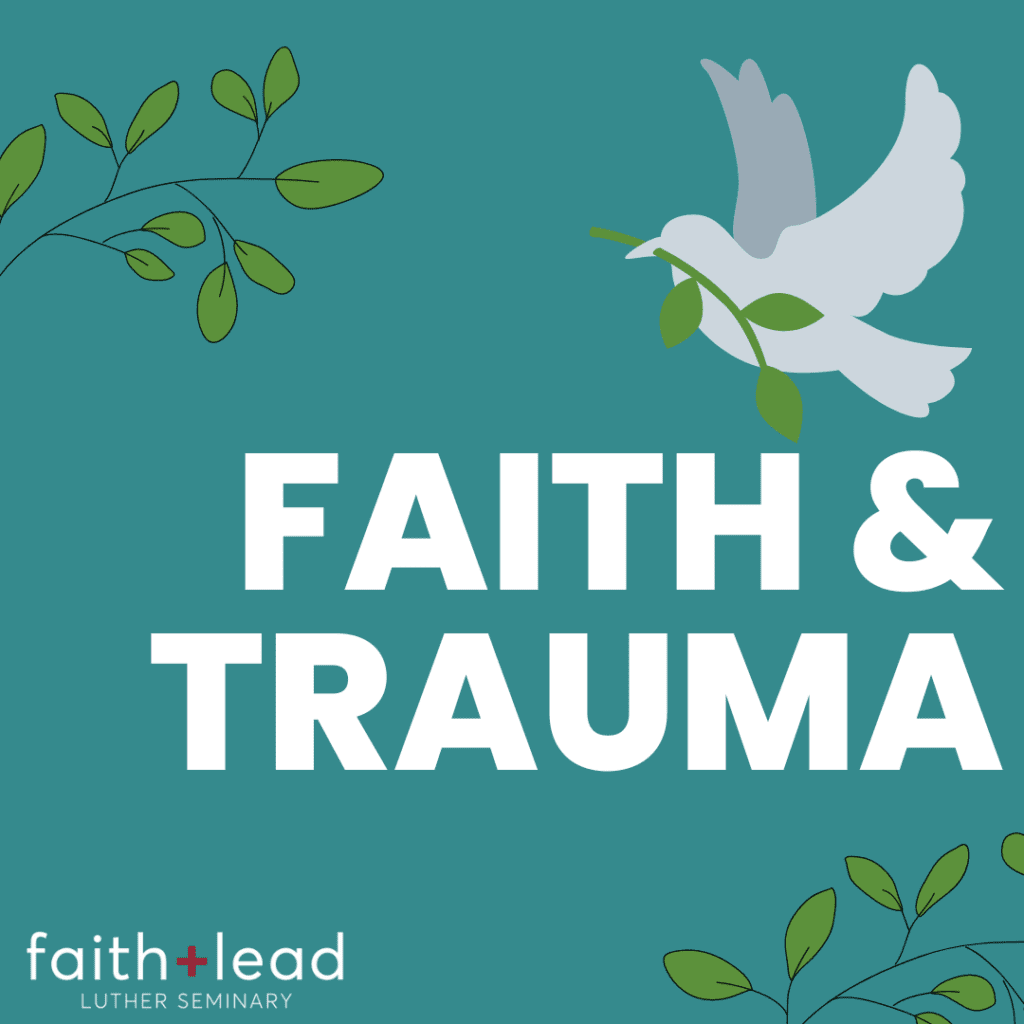How many kids do you have?
When are you going to have kids?
These are common questions in church culture, asked with the intention of being friendly and welcoming. But often they are felt by someone who has experienced miscarriage, infant death or infertility as anything but friendly and welcoming. These questions are loaded with a complexity that may not be apparent in a brief and superficial interaction. It’s hard for folks to answer because the honest truth of the matter is that other people don’t want to hear about the babies that we dreamed and hoped for who are not with us. So we keep them a secret. We don’t mention them in polite society so as to not make anyone around us uncomfortable. Yet many mothers, fathers, and even extended family members want to bust open the secret society of grief and loss. They desire to openly acknowledge who is both present and missing from our families without feeling the shame that can come with naming one’s grief publicly.
It’s important to be intentional in talking about the whole family when discussing miscarriage, infant death and infertility. It’s easy to focus our attention on only mothers, but these events affect every family member. Each person who was anticipating the life and joy of this baby into the family grieves. This combination of collective and individual grief needs to be attended to as it will change both the family and the faith community.
How faith communities can best support those experiencing this kind of grief journey will be answered by their willingness to wrestle with and acknowledge the kind of grief and the trauma these common questions can cause. Language is imperfect, and it doesn’t always reflect the compassion we have for one another, but we also know how much the words we choose to use matter. Each faith community has different expectations and relationships with grief, and creating a compassionate culture of grief support requires doing the hard work of asking ourselves how we allow space for people to share their story in the best way for them.
There is no perfect way of doing this. Perhaps the easy route would be to give a list of “do this and don’t do that.” But in our work of creating compassionate grief culture we have learned that communal grief support is more about listening to stories, using our faith rituals to begin healing, and creating sacred spaces for telling stories. Doing this requires personal reflection and intentionality rather than a generic list of do’s and don’ts.
The importance of rituals
Faith and church are full of rituals for every season of life. They are so present that sometimes it can be easy to engage them by rote without giving attention to the impact they may have on individuals who have had traumatic experiences. This is particularly true for families that have experienced miscarriage, infant death, or infertility. Awareness can begin by asking: What are the rituals we have around birth in the church? Common rituals are infant baptisms, baby dedications, roses displayed at the front of the sanctuary, and church baby showers. Every one of these rituals is a reminder of the absence of that hoped for and anticipated baby in the family that has had this kind of traumatic loss.
More impactful questions to ask may be: What are the rituals we have that acknowledge the existence of those who are not present? And, how do we engage these in the case of miscarriage, infant death or infertility?
A poignant and beautiful example of this was when Joy experienced the death of her baby, Hope, in the first trimester. Her church had the practice of putting a rose on the organ the Sunday after a baby was born to acknowledge to the congregation the birth of a new member of the church family. Joy grieved that her Hope would not get that rose. She also grieved that her Hope would not have a baby dedication either. Joy had the benefit of having a small window of time between knowing that her baby would die and having the procedure done that would remove Hope’s body from Joy’s womb. She asked for her pastor to come over and do a small family service when Hope would receive the dedication blessing in utero. It was also a time for the family to say goodbye to Hope. Her pastor brought a rose to the house, the rose that would have been placed on the church organ. The act of creatively incorporating the rituals of celebrating birth into the rituals of grief helped the family with the hard work of saying both hello and goodbye to Hope.
Some questions for faith communities to consider as they craft meaningful rituals for miscarriage, infant death and infertility are:
- How do we remember these loved and hoped for lives in our regular rituals of remembering those who have died?
- Are we actively caring for our families with traumatic miscarriage and infant death by calling out their babies’ names with the names of the other church saints who have gone on?
- Do we allow space for those struggling with infertility, and how are we sensitive to their needs when families with children are celebrated?
- Are we creating spaces where these families can come together in ritual spaces created just for them?
We are providing you with more questions than answers, but these are questions of care the church must wrestle with as we invite these families deep into the compassionate healing that ritual can provide.
The Importance of making space for our stories
Stories are important and are inherently sacred, and we have to create that sacred space for folks to feel secure enough to share their stories about miscarriage, infant loss, and infertility. Each one of those stories represents a dream, a hope, and a future that has become incomplete. The grief from these experiences will always remain with the people who live through them. Our culture struggles with creating public space for private grief and because of this struggle grieving folks are left with the feeling that no one around them cares about their loss.
Encouraging public space for folks’ private grief allows their story to be shared and more importantly, reminds us all that these stories have value. It acknowledges that these children are forever missing from our lives, our churches, and our families—and they do actually matter. There’s no doubt that making space for these stories can be uncomfortable and painful, but creating this sacred space allows for healing to be nurtured and find root.
Healing is not forgetting
Healing is embracing what hurts us and loving one another through it. Healing is creating a sacred space for folks to feel their pain, their loss, and that their child matters to not just them, but the community which is dear to them. Healing is not just allowing, but encouraging folks to talk about their baby who died, to share the hopes and dreams that were lost because of their struggle with infertility and understanding that what is missing from their family’s life is missing from the whole faith community.
When we intentionally make sacred space for folks’ stories, we are saying their story matters to us, that they matter to us. Their pain is our pain, their grief is our grief, and by sitting in that space with them we’re reminding all of us that our pain, grief, dreams and hopes also matter to God.
We know all of this already; the question is, are we willing to do the hard work of changing the culture in our faith communities that allows and encourages this kind of vulnerability so that folks can find the loving and compassionate support they need?
For scriptures and related help for preaching on this topic see: Preaching + Fertility Struggles




